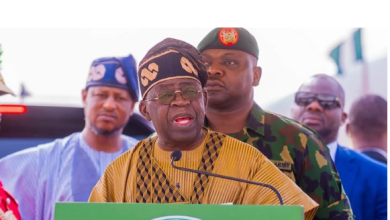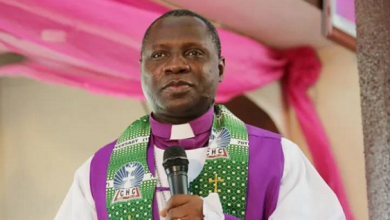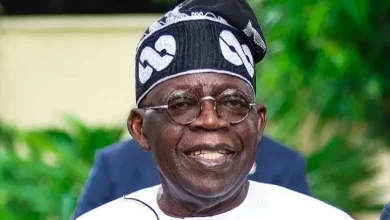AU chief dismisses claims of genocide in northern Nigeria

The Chairperson of the African Union Commission, Mahamoud Ali Youssouf, has rejected assertions that genocide is occurring in northern Nigeria, countering remarks recently made by U.S. President Donald Trump.
Youssouf cautions against “inflammatory” rhetoric after U.S President Trump threatens military intervention.
The AU chief addressed journalists at a press briefing in New York on Wednesday, urging world leaders to avoid statements that oversimplify Nigeria’s complex security challenges.
Earlier this month, President Trump alleged that Islamist militants were killing Christians in massive numbers and warned that the United States could take swift military action if Nigerian authorities failed to halt the violence.
Trump claimed Christianity faced an “existential threat” in the country and vowed that any US intervention would be “fast, vicious, and sweet.”
Youssouf disputed that characterisation, saying there was no evidence to support claims of genocide in the region.
“The situation in northern Nigeria is multifaceted and should not be reduced to sensational labels,” he said. “We must be cautious about the language we use.”
The AU chief stressed that extremist groups such as Boko Haram have targeted people of different faiths.
“The first victims of Boko Haram are Muslims,” he noted, challenging the narrative that Christians are uniquely targeted.
Nigeria, home to roughly 230 million people, is almost evenly split between a largely Christian south and a predominantly Muslim north.
The country continues to grapple with several security crises, including long-running jihadist insurgencies that have resulted in indiscriminate killings across religious lines.
Boko Haram’s campaign of violence, which began in 2009, has led to more than 40,000 deaths and displaced over two million people, according to United Nations figures.
Although multiple administrations have launched military operations to curb the armed groups, sporadic attacks persist in parts of the northeast.
Youssouf’s remarks appear aimed at cooling diplomatic tensions following Trump’s comments, which were widely criticised by African diplomats for escalating an already sensitive security issue.


